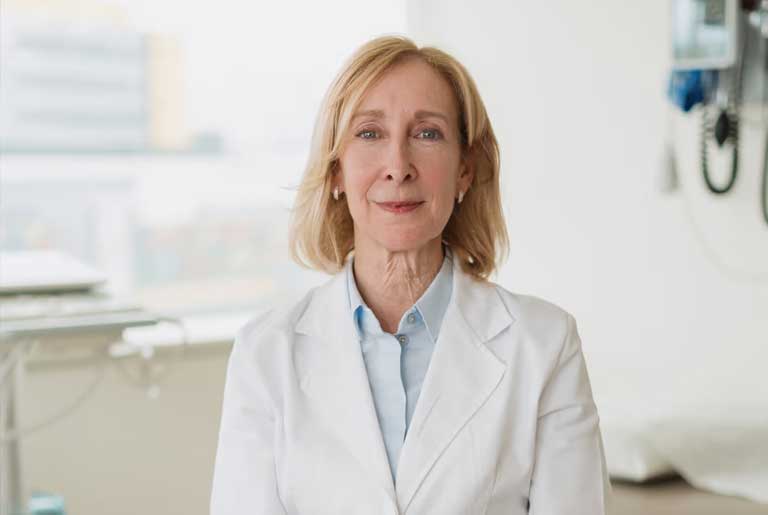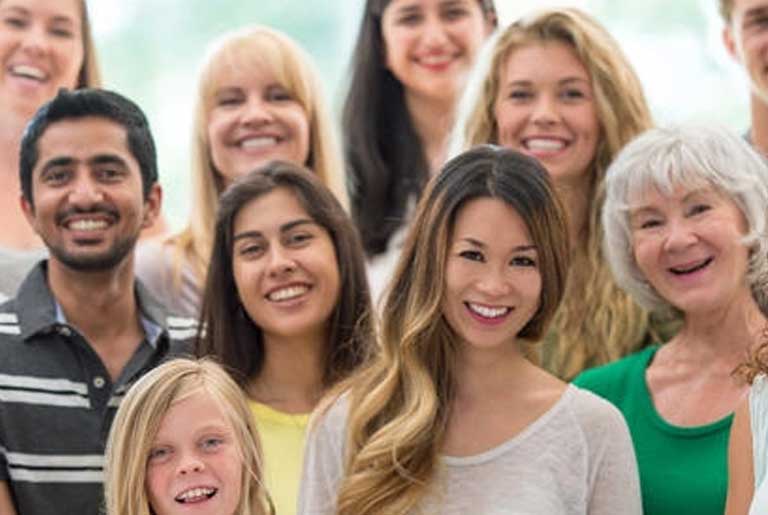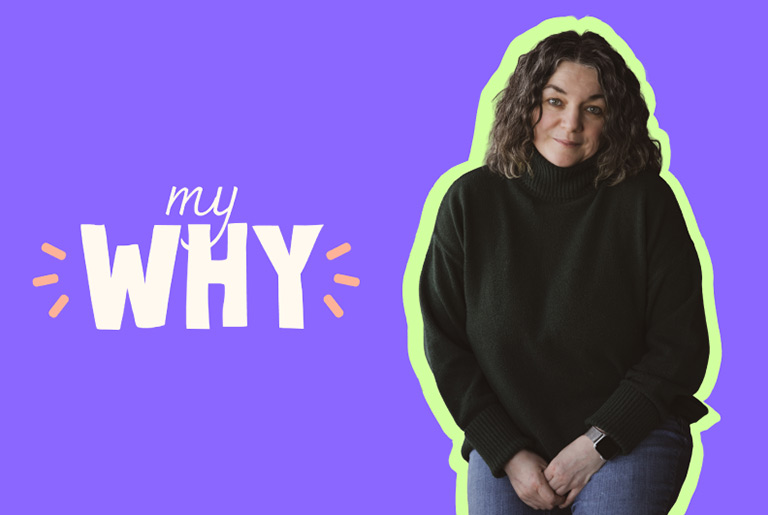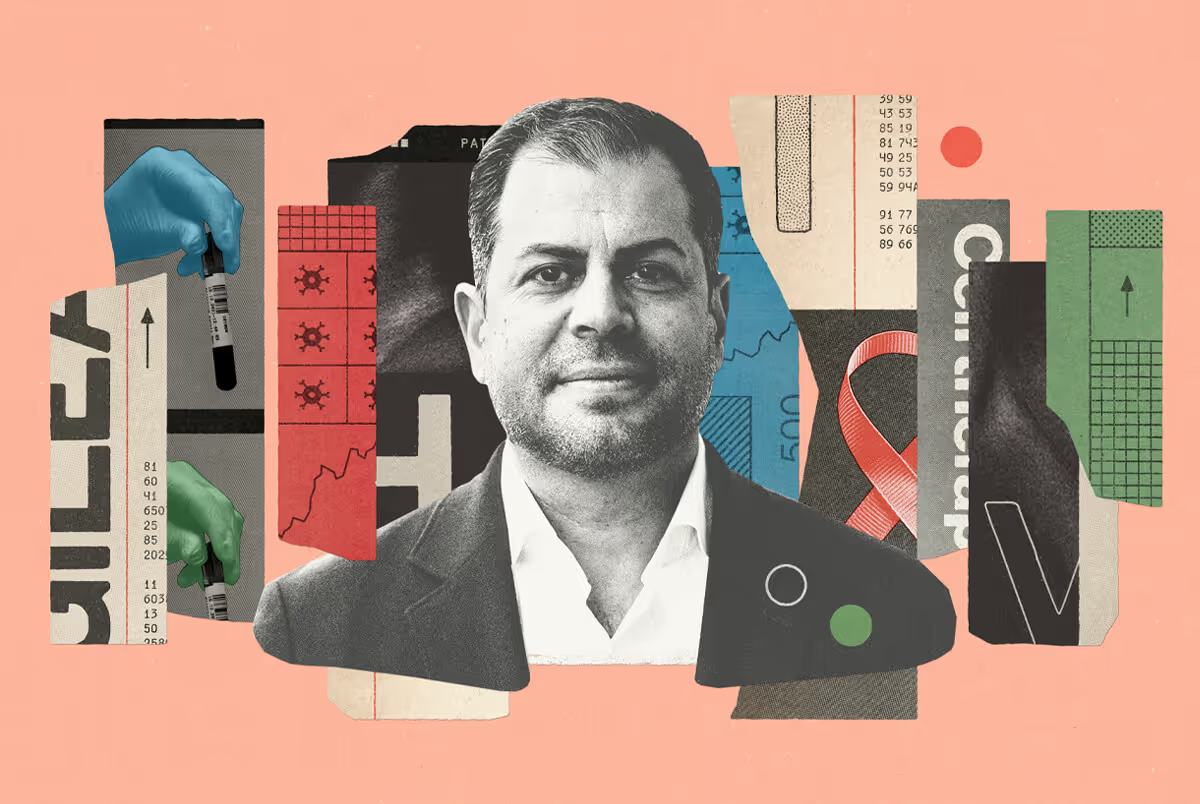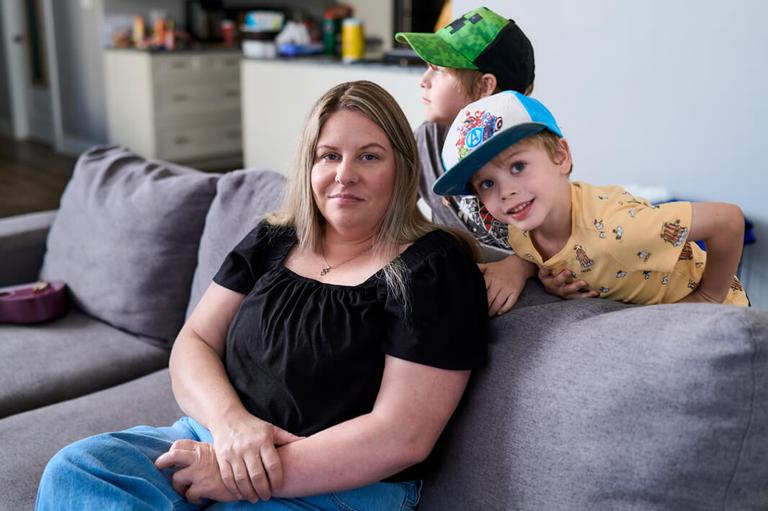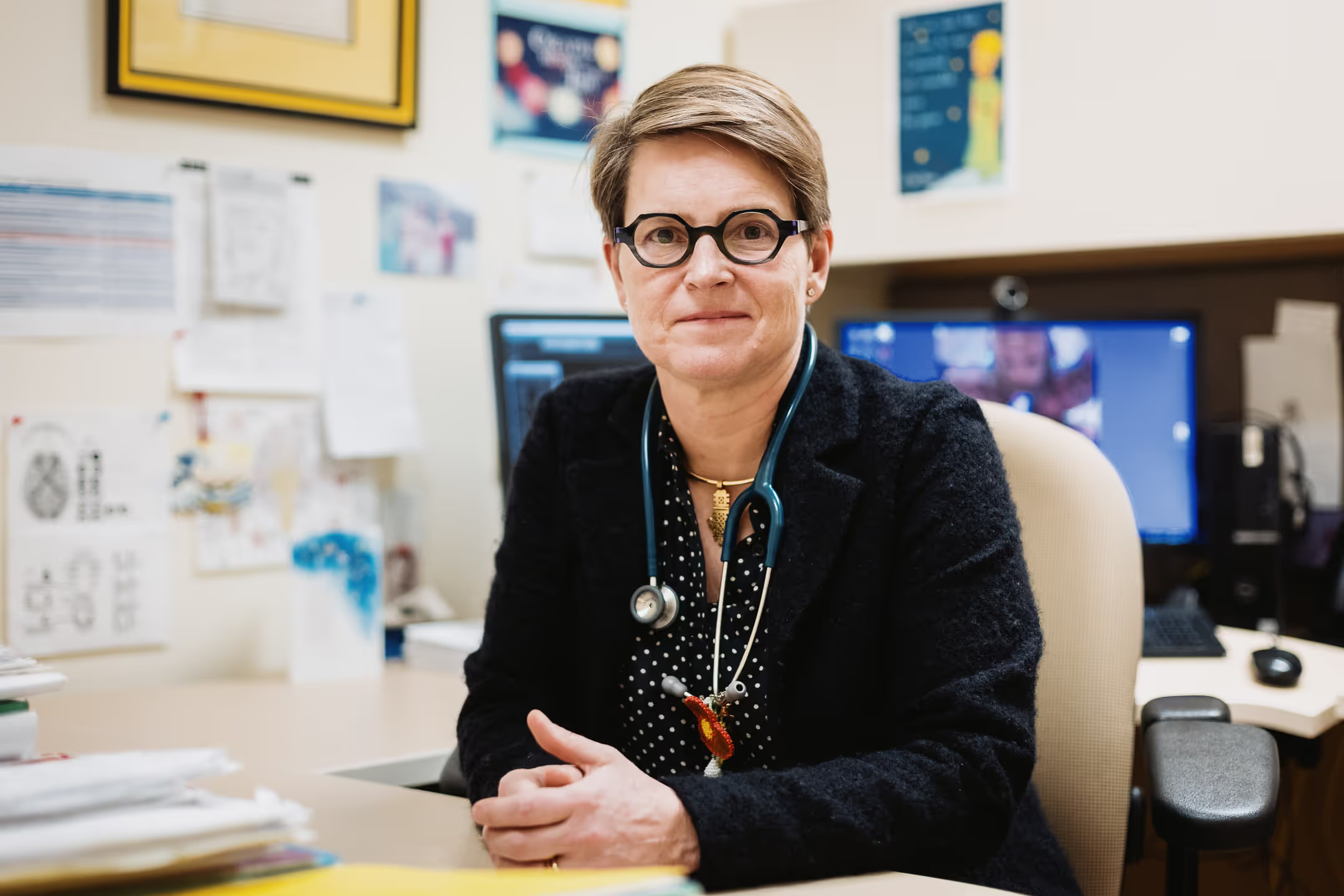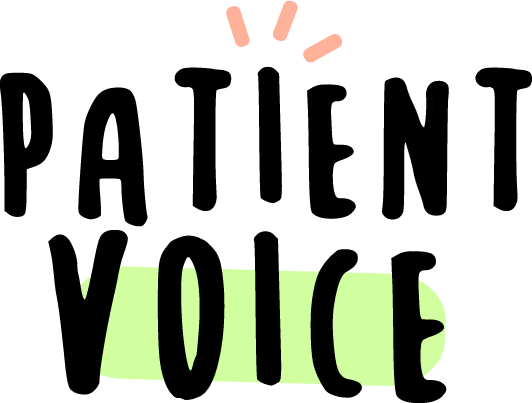“The first 18 years of Zach’s life were a blur. Born with a developmental delay, Zach’s early years were marked by one missed milestone after another. Still, we hoped he’d one day find his groove. Then, on his first day of kindergarten, he had his first seizure.
This was the beginning of our journey, but our real challenges started when Zach transitioned to adult care. There’s no team-based support. We faced long waits for neurological and psychological support. Referrals lasted only a few months before we were discharged and had to restart the process, often right when his medications needed careful balancing due to aggressive behaviours. The lack of coordinated support during this transition resulted in a debilitating treatment gap requiring 24/7 care — all while receiving a genetic diagnosis of CHD2 myoclonic encephalopathy, a disease so rare that fewer than 20 known CHD2 families are living in Canada.
.jpg)
The CHD2 gene encodes a protein that’s critical for regulating gene expression, especially during early brain development. CHD2 presents as a complex mix of developmental epilepsies (e.g., Lennox-Gastaut), intellectual delay, #autism, and global developmental delay.
In the children’s system, kids are well-supported and cared for. But in adult care, no one knows who you are. Your care is split across hospitals and community supports that don’t know your history. And when your child is an adult and presents with any ‘behaviour’ challenge at all, the patient immediately becomes the ‘problem.’
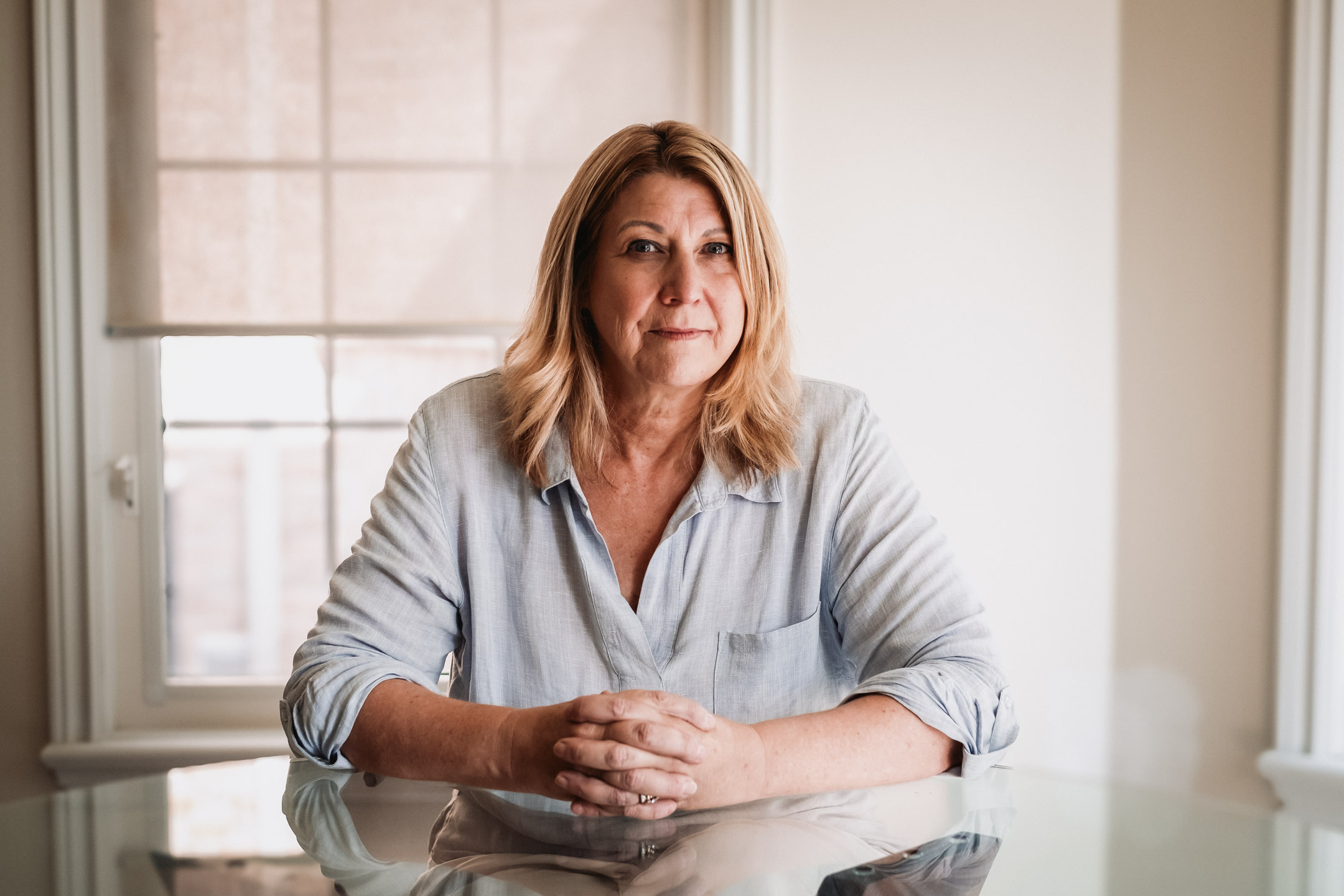
Zach is now 25. Due to profound memory and comprehension issues, he’ll never live independently. However, we know Zach is capable of being an asset to society, given the right support. Unfortunately, the world sees him as a burden.
There’s hope, though. Incredible advances are happening in the world of genetics. One day, a CHD2 therapy may help alleviate the effects of a lifelong seizure disorder, developmental delay, intellectual delay, and autism. I hold onto hope that the next generation of families won’t have to walk the same path. Things will only improve for people like Zach if society gets better at making room for them. It’s on all of us.”

